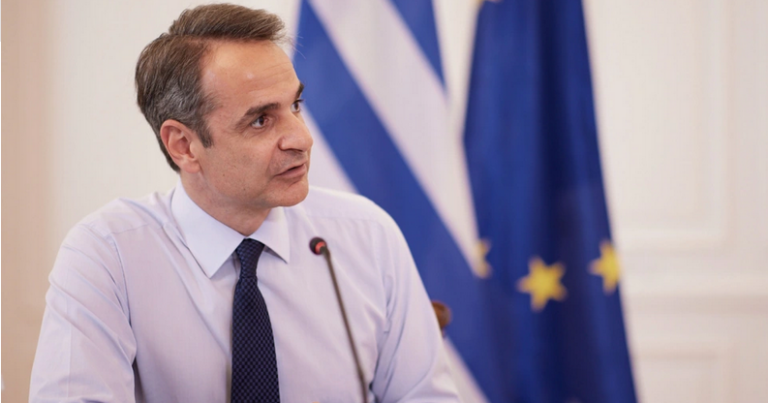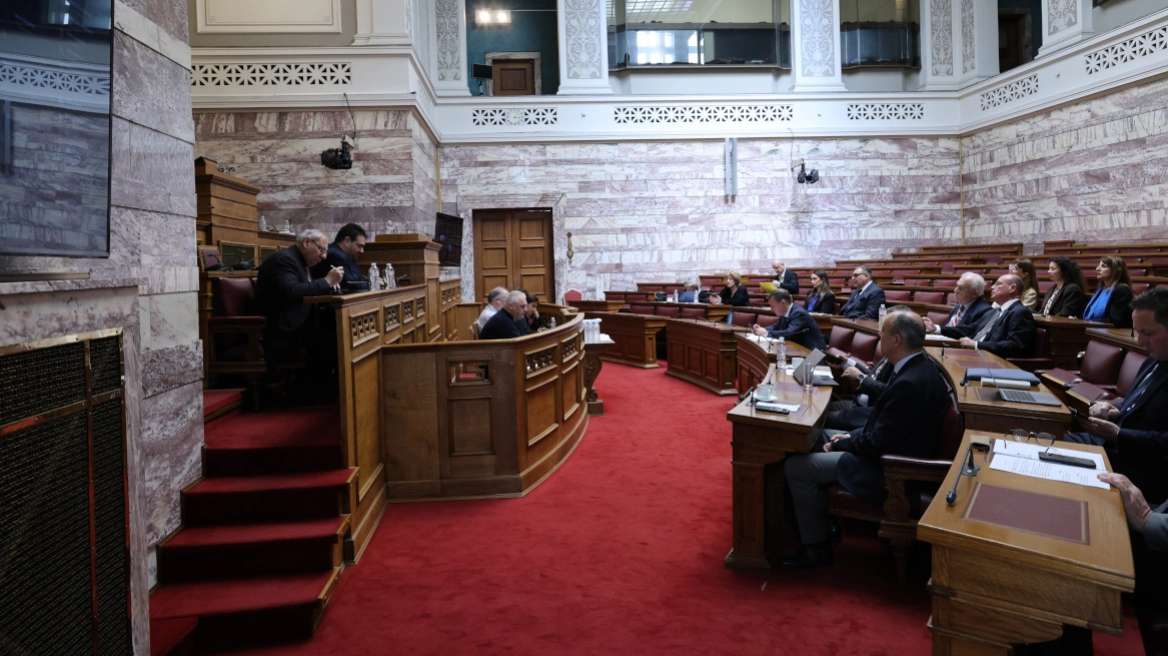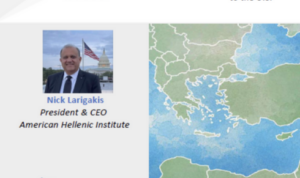The effects of a possible war between Ukraine and Russia on the economy and energy were the focus of an emergency teleconference convened by the Prime Minister this morning in the presence of his close associates and energy market players.
Mr. Kyriakos Mitsotakis asked to be informed about the scenarios of the crisis and the consequences that the escalation of the tension will have for our country, as the Russian gas covers 40% to 45% of our annual needs.
According to reliable information, during the meeting, all possible scenarios and their effects on the smooth gas supply of the country were analyzed. These are scenarios studied by the Gas Coordination Group, which acts as an EU consultant and develops security of supply measures in case of emergency (under the auspices of ENTSOe – European Association of Transmission Operators), which has studied various possible scenarios in case of deficit in the Member States for three months, two weeks or one day.
As mentioned, the “worst case” scenario is the complete cut off of the supply of Russian gas to the country, which is estimated to cause a shortage of supply, which will be in the range of 10% to 20%. The gap will have to be filled in this case by LNG loads, through supply from the Revythousa facilities and from the Azeri gas that reaches Greece through the TAP pipeline. The government and market players are also looking for alternative sources of power from other countries (eg Egypt).
Mauritius formally challenges Britain’s ownership of Chagos Islands
The mild scenario considered is to cut off the gas corridor from Ukraine and Belarus, which is predicted not to have consequences for our country, as it will continue to be supplied by Russian gas through Turkey, but also from DESFA’s facilities in Revythousa plus gas from Azerbaijan.
In conclusion, it is believed that Greece will not sustain a blow to security of supply in case of an escalation of the tension in Ukraine, with the assumption that Revythousa will be on increased alert and gaps will be filled by other power sources, such as TAP.
However, the duration of the crisis is a crucial parameter as, according to market participants, a possible war will raise gas prices and reduce the natural and economic resilience of each country to cover supply shortages.
Ask me anything
Explore related questions





